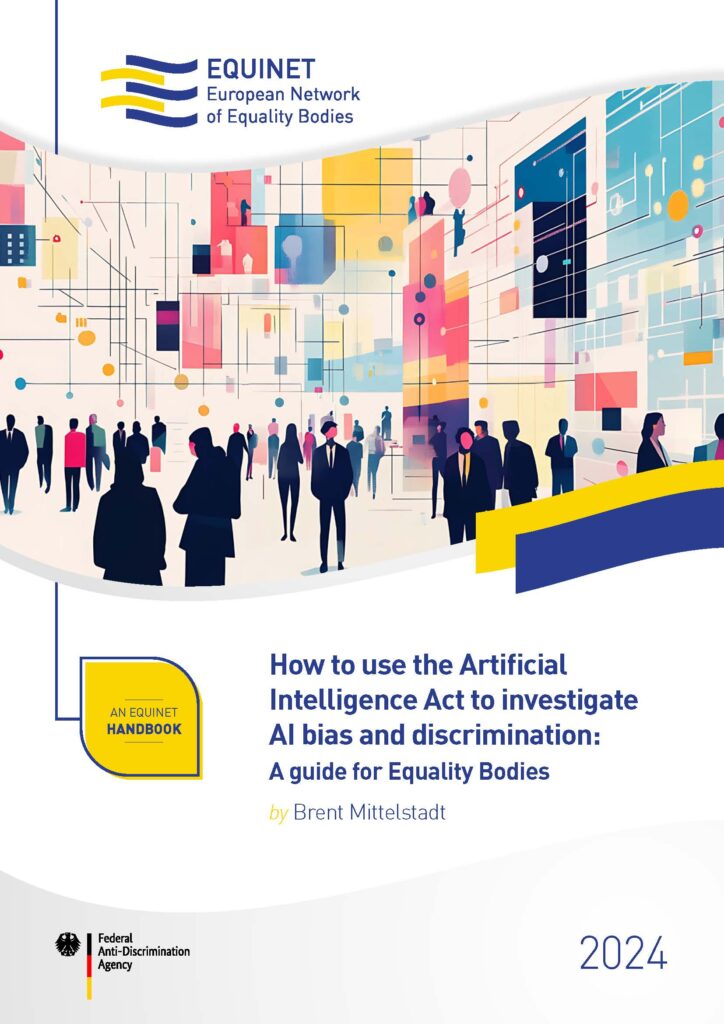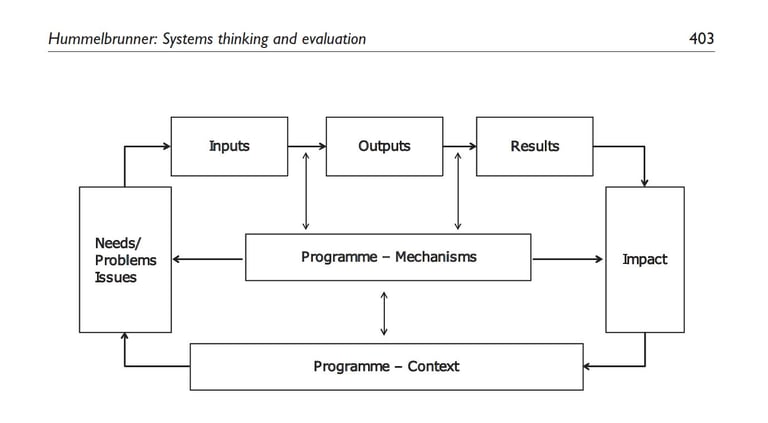SELFOU: SPICE-UP YOUR WORK-LIFE!
People and Culture News
About Digital Transformation by theme
If you are looking for something that you don't find in this section, but know it was here before, take a look at the archives section under the archives by theme tab
People and Culture Documents
About Digital Transformation by Theme
Afroditi Kousouni shares:
This publication has been developed as part of a project financed by the German Federal Anti-Discrimination Agency (hashtag#FADA) to support hashtag#Equality Bodies in investigating hashtag#AI-driven hashtag#discrimination. As artificial intelligence (AI) continues to influence key areas of life —such as employment, and public services— it is essential to ensure that AI systems do not reinforce biases or undermine fundamental rights.
an Equinet, European Network of Equality Bodies publication directly available at: https://equineteurope.org/how-to-use-the-artificial-intelligence-act-to-investigate-ai-bias-and-discrimination-a-guide-for-equality-bodies/


People and Culture Documents
About Digital Transformation by Theme
Jeff Wellstead writes:
"In my continued musings about what I think is a terrific user case for engaging with AI in building Skills-Based Organisations, I pulled together a Gamma.app presentation for you to ponder, and ended with a tribute to an earlier post by Syed Gaous, who graciously allowed me to re-share his terrific thinking about the evolution of the HRBP here in the AI revolution. Hope you find it useful and informative - and if you'd like to set up a quick chat with me to think about your AI journey, please book a Zoom meeting and we'll put your world to rights!"
https://gamma.app/docs/
People and Culture Documents
About Digital Transformation by Theme
Marc Harris writes about systems thinking evaluation:
This brilliant paper by Richard Hummelbrunner introduces the use of systems thinking in evaluation
Hummelbrunner outlines key concepts that elevate evaluation beyond simple cause-and-effect thinking:
1️⃣ Interrelationships – Recognising dynamic, non-linear interactions and their sensitivity to context
2️⃣ Perspectives – Understanding diverse stakeholder views and the motivations that influence their behaviours
3️⃣ Boundaries – Critically assessing what’s included in the system and who decides
These principles align evaluation methods with the complexity of real-world systems, enabling us to better observe, adapt, and respond to emerging patterns rather than relying on rigid frameworks.
Notably, the paper warns against the “mental trivialisation” of complexity—where social systems are treated like machines with predictable inputs and outputs. Instead, Hummelbrunner advocates embracing emergence: the unexpected patterns and opportunities that arise when systems self-organise.
For anyone working at the intersection of systems change and evaluation, this is a must-read. It’s a call to trust the process, think in circles (not lines), and lean into the uncertainties of complexity.
"Thinking systemically is about making sense of the world rather than merely describing it, a sense-making process that organizes the messiness of the real world into concepts and components that allow us to understand better."
Source: Hummelbrunner, R. (2011). Systems thinking and evaluation. Evaluation, 17(4), 395-403.


